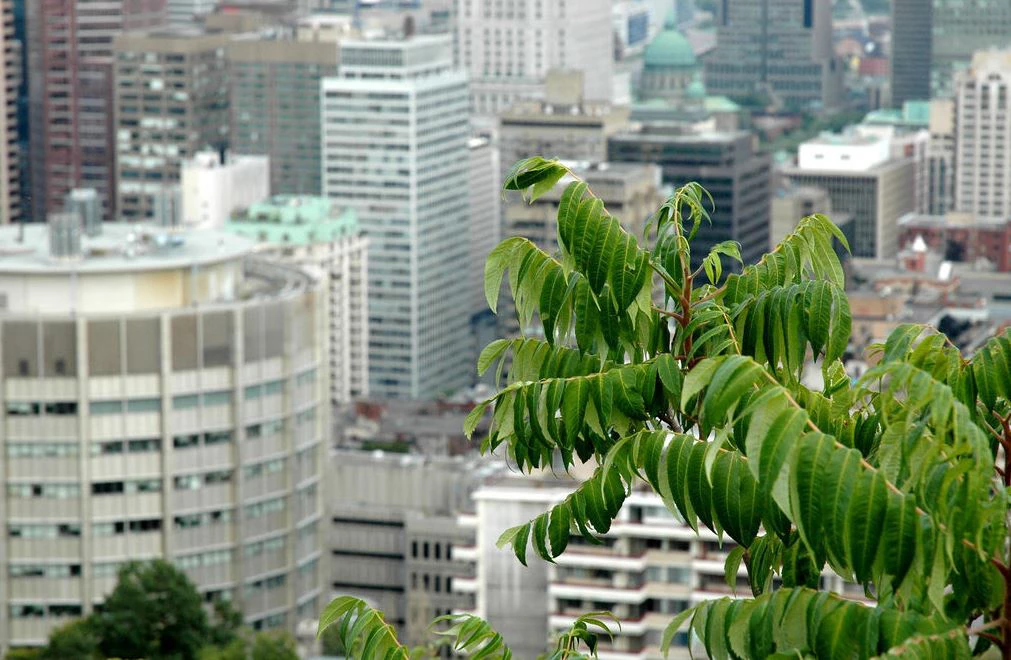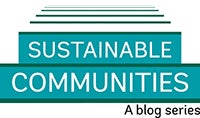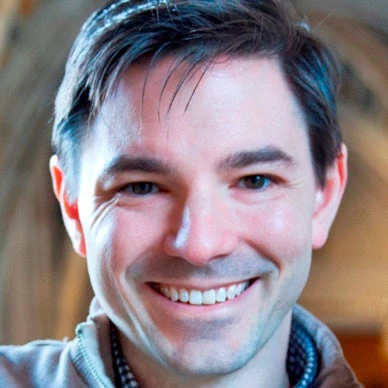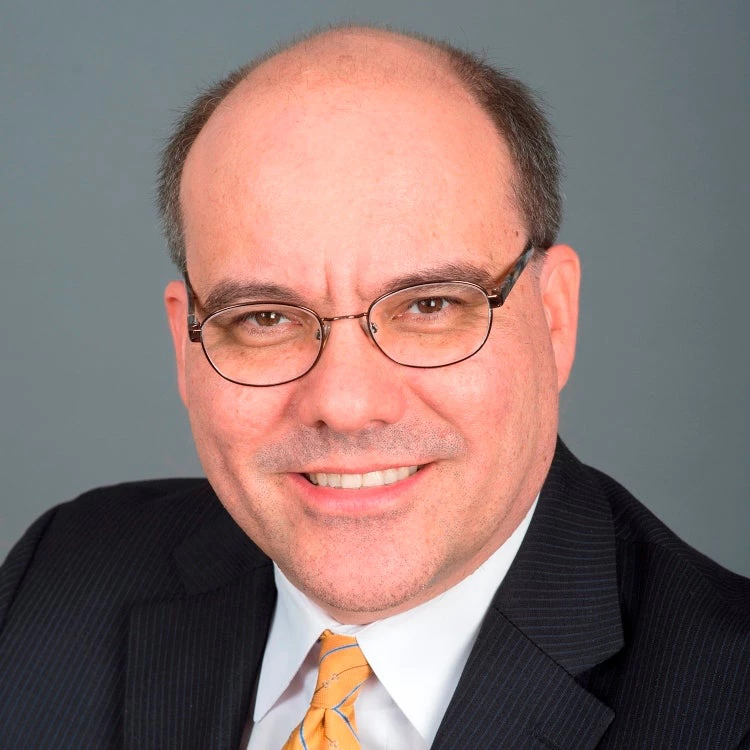
In September, global leaders adopted the Sustainable Development Goals and are now working to put them into force to end poverty, while also combating climate change and ensuring that our future is prosperous for all people.
The Paris Agreement reached at COP 21 last December represents our best foot forward toward cutting carbon pollution and building resilience to the climate threats we face. And that momentum continues this week, as leaders from around the world gather in New York City to formally sign the Agreement to turn those promises into action.
Increasingly, that future will be more urbanized than ever before. 6 out of 10 people on the planet will live in cities by 2030. However, more than 820 million people live in slums and this number, sadly, is increasing. Fortunately, more and more local leaders are stepping up efforts to make cities more efficient, inclusive, resilient, and productive to address the global challenges of climate change, poverty, and inequality.
This year, we can celebrate another global commitment in the launch of the Compact of Mayors. Nearly 500 mayors and local officials have signed the Compact to mark their pledge to tackle climate change. Most of these leaders were in Paris for COP 21 to call on nations to follow their example.
It is critical to seize this momentum to turn the promise of the Paris Agreement, SDGs, and Compact of Mayors into reality. For climate change, we need to significantly reduce CO2 emissions as soon as possible, as the window for avoiding the worst impacts of climate change is rapidly closing.
Cities have a critical role, and we all – national governments, international organizations, and civil society organizations – need to support their efforts. Cities are responsible for two-thirds of the world’s overall energy consumption and an estimated 70 percent of all greenhouse gas emissions. If just 100 of the world’s major cities embark on a low-carbon development path, global greenhouse gas emissions would decrease by an estimated 10 percent a year. So with more than 90 percent of urban growth happening in cities in developing countries, this is a once-in-a-lifetime opportunity to build livable, low-carbon, and resilient cities.
Financial support to cities for their climate actions is part of the solution. Last year, the World Bank provided over US$3 billion in urban climate finance and technical assistance to help its clients build climate smart cities. Currently, 21 percent of the Bank Group’s overall funding is climate related. The World Bank is committed to raise that to 28 percent by 2020 in response to client demand, representing a one-third increase in climate financing. The Bank expects its urban work to grow in similar proportion. But finances are only part of the solution. Knowledge is equally important.
WWF is helping to support city solutions and is demonstrating them to the world through the Earth Hour City Challenge. Working with experts at the World Bank and other international institutions, the City Challenge is sharing the inspiring ideas from cities across 20 countries. More than 100 ideas are profiled on the WWF Urban Solutions platform, matching many of the same themes covered by the SDGs. And the City Challenge is building public support to take those ideas and ambitions even further. The role of citizens as engaged partners with local administrations in the path towards low-carbon growth and poverty elimination is critical. Transparency and participation are fundamental.
There are important moments on the path out from Earth Day this year. Just two weeks from now, hundreds of leaders will gather in Washington, DC to set an action agenda for the Paris Agreement. Habitat III in Quito, Ecuador will be more urgent than ever before for national and city leaders to define a New Urban Agenda that will lead to the transformative change needed. At this event, WWF will announce the top-performing cities from the City Challenge.
At the next COP in December in Marrakesh, we look forward to seeing countries and cities keep up the focus on climate change... and continue to raise ambitions. We know that current pledges from countries do not get us to a safe climate.
This Earth Day, let’s join forces to fulfill the promise and the vision of our intentions, and then look to set the bar even higher for how we all live on this planet.
Ede Ijjasz-Vasquez, Senior Director for the World Bank’s Social, Urban, Rural, and Resilience Global Practice
Kevin Taylor, Senior Specialist for Local Engagement within the Climate Program at World Wildlife Fund (WWF).




Join the Conversation